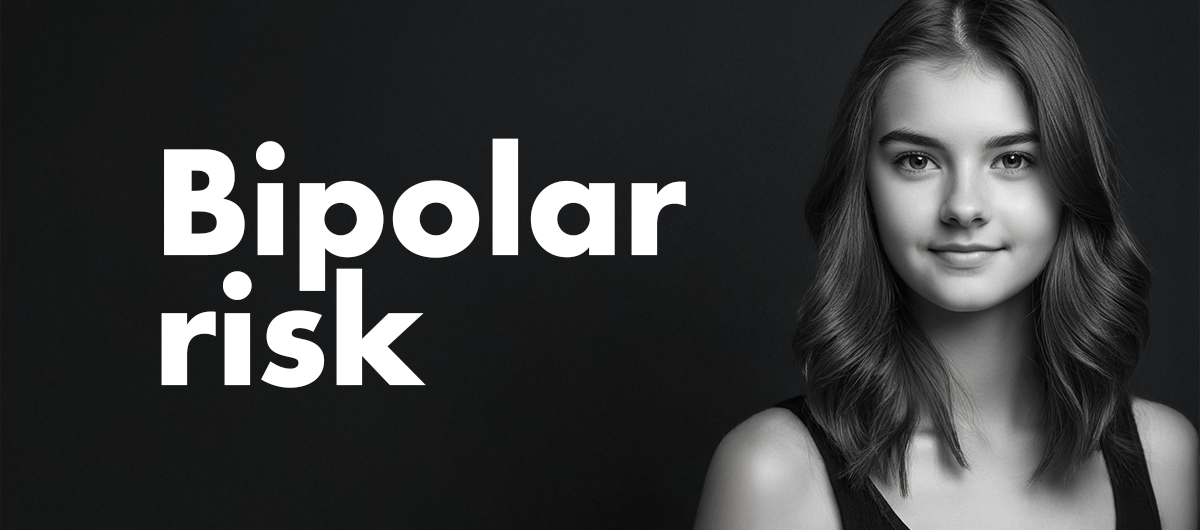New insights for early support
A groundbreaking German study tracked 1,038 adolescents and young adults at risk for bipolar disorder over two years, revealing critical insights about their quality of life (QoL).
Compared to age-matched peers, at-risk individuals reported significantly lower QoL across all domains—physical health, psychological well-being, social relationships, and environment.
Using the WHOQOL-BREF assessment, researchers found psychological well-being improved most notably over time, particularly when participants’ bipolar risk levels stabilised or decreased. Those with rising risk saw smaller QoL gains, emphasising the importance of early risk monitoring. Higher baseline functioning (measured by GAF scores) and stronger self-management skills were linked to better outcomes, suggesting coping strategies play a vital role in mental health resilience.
Notably, simply engaging with early detection services correlated with psychological QoL improvements, even without structured interventions. The findings advocate for personalised support, focusing on skill-building and regular risk assessments to prevent decline.
For families and clinicians, this research underscores the value of fostering resilience and proactive mental health care in at-risk young people. By prioritising coping strategies and early intervention, we can help transform trajectories for those navigating bipolar vulnerability.
Glaus, J., Karow, A., Lambert, M. et al. Quality of life in persons at risk for bipolar disorder: a two year prospective-longitudinal observational cohort study (BipoLife). Int J Bipolar Disord 13, 7 (2025). https://doi.org/10.1186/s40345-025-00373-y

